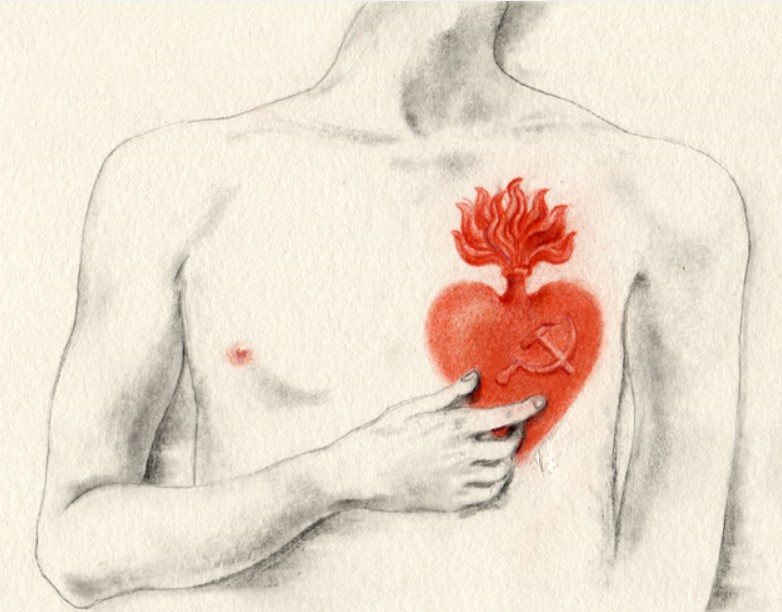Rejected Children. On Kamil Kijek’s Dzieci modernizmu: Świadomość, kultura i socjalizacja polityczna młodzieży żydowskiej w II Rzeczypospolitej
Rejected Children On Kamil Kijek’s Dzieci modernizmu: Świadomość, kultura i socjalizacja polityczna młodzieży żydowskiej w II Rzeczypospolitej
Author(s): Kornelia SobczakContributor(s): Jan Szelągiewicz (Translator)
Subject(s): Review, Social history, Interwar Period (1920 - 1939), History of Antisemitism, Politics and Identity
Published by: Instytut Slawistyki Polskiej Akademii Nauk
Keywords: antisemitism; Jewish-Polish history; modernity; youth organizations; interwar Poland; Yiddish Scientific Institute (YIVO);
Summary/Abstract: This article discusses Kamil Kijek’s book Dzieci modernizmu: Świadomość, kultura i socjalizacja polityczna młodzieży żydowskiej w II Rzeczypospolitej [Children of Modernism: The Consciousness, Culture and Political Socialization of Jewish Youth in the Second Polish Republic]. Using young people’s diaries which were sent to three competitions held in the 1930s by the Yiddish Scientific Institute (YIVO), Kijek studies the ways young Jewish people described themselves, their visions of Jewish or Polish-Jewish identity, and the influence exerted on their attitudes and ideological choices by schooling, the activities of political youth organizations and the antisemitism of interwar Polish culture. This was the first generation to grow up in newly independent Poland, in a state that simultaneously demanded loyalty from its Jewish denizens and excluded them from its symbolic universe. Kijek calls the worldview predominant among this Jewish generation “radical modernism” – a conviction that the world requires a radical transformation. The political shades of this view – Communism, Zionism, or the Jewish right – were of lesser importance, with membership in a particular organization often depending on the circumstances.
Journal: Studia Litteraria et Historica
- Issue Year: 2019
- Issue No: 8
- Page Range: 1-17
- Page Count: 17
- Language: English

